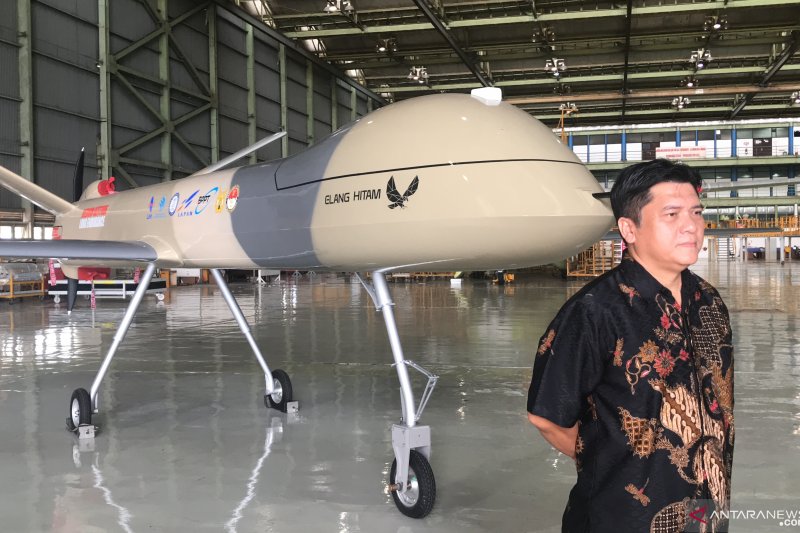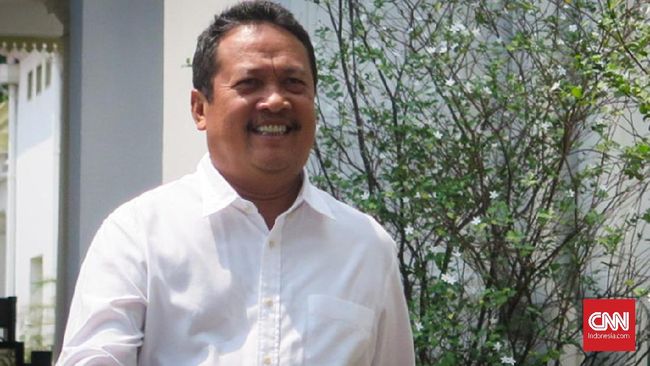The current (Indonesian) admin seems to be pretty good in building out other infrastructures (trans Java toll), rail projects (high speed, light or mass-transit), but why on defence it seems to be always hobbled?
My own observation is that the TNI hobbled themselves. Oh, there are always politicians who complain that "defense is so expensive, surely we don't need that much", but this is basically the default in most countries, so we'll always have to deal with that to some extent anyway. This can be worked around and linking arms imports deal with domestic defense industry development is such an example of working around that. By stressing on all the counter-trade and transfer of technology and industrial partnership we can usually get the politicians to agree that spending on defense is a worthwhile investment.
But the Indonesian Army has a disproportionate influence in decision-making compared to the Air Force and Navy, and the Indonesian Army's top brass do not understand modern warfare. They're stuck in the guerilla warfare mindset. Either as the guerilla or as counter-guerilla. Consider our history of warfare:
- The Independence War period (1945-1949). Indonesian Army was conventionally weak against the Dutch, forcing the Indonesian Army to adopt a mostly guerilla warfare. The few examples of conventional warfare resulted in major losses (Surabaya 1945, Bandung 1946).
- The various rebellions (lots immediately after independence, still a few today). Indonesian Army was/is conventionally overwhelmingly strong against the, forcing OPFOR to adopt a guerilla stance, which in turns make the Indonesian Army adopt a counter-guerilla stance.
- Trikora in West Papua (1961-1963). Indonesia had overwhelming logistical advantage that the Dutch could not counter, so the Dutch settled after a few minor clashes.
- The Confrontation versus Malaysia (1963-1966). For various reasons neither side wanted open war, so the actual conflict was special-ops guerilla vs. counter-guerilla tactics.
- East Timor (1976-1999). The Indonesian Army had overwhelming conventional strength. So the Fretilin had to use guerilla tactics and Indonesia counter-guerilla tactics. Later on Indonesia used local militias, but this also falls under counter-guerilla tactics. When the referendum decided on independence some army brass considered fighting anyways, but luckily the government told them NO.
So given this history the top army brass developed this mindset that the most important thing for the country is total people's defense (this is an inexact translation, the full Indonesian term is "sistem pertahanan dan keamanan rakyat semesta", but Google for sishankamrata instead, since no one uses the full name). If they can get that going then for the above scenarios victory is guaranteed. Actual warfare with an equal or near-equal OPFOR? What's that? Never had one. Intellectually they have the case studies, but at heart they don't get it.
And since the army has disproportionate influence, everyone else gets impacted. The army gets about half of the defense budget, sometimes more. The previous defense minister, Ryamizard Ryacudu, fought his hardest not to get the Su-35, but to get his "bela negara"/defend the country idea implemented. If it went through billions of dollars would have been spent on what's essentially two weeks of camping and marching. This was sold as an ideological training program for 100 million Indonesians who are fit to serve. Because according to him the biggest threat to the country isn't the US or China or any actual country. The biggest threat to the country is communism, radicalism, LGBT, and all those ideas. Thankfully he only got a much reduced program for civil servants that will only cost us millions of dollars per year, but a lot of political capital was wasted on him pushing that and saner minds telling him no.
The current defense minister, Prabowo, is also an army brass of the same mold. He hasn't done much yet, so if I want to be fair I can't judge him yet. But this year the Indonesian Army's budget allocation is approximately 56% of the defense budget, so I'm skeptical that he will be any different. In my civilian opinion, if the Indonesian Armed Force wants a faster transformation into a modern army, all of the current army generals need to be gone first, because their outdated mindset is holding the rest back. The army also needs to come third after the navy and air force, not first. Alas, every organization fights first and foremost for the survival of its organization, so the Indonesian Army will very much resist their hardest against any attempt to reduce their influence. And the top army brass will fight to their bloody end against any attempt to replace them with the younger generation. It might happen anyway, eventually, after they all die from old age (retiring alone isn't sufficient, they just enter politics and perpetuate the same mindset), but that's going to take maybe twenty years or so. And there's no guarantee that the younger generation will be any better, but at least we can hope.
Adding to that is the factionalism I have mentioned before. For example, it's bad enough that the air force got the smallest budget, but there's no unified agreement on what to spend it on. So for two-three years maybe the Russophiles held sway at the top, so they pushed for Su-35, but then two-three years passed and their guys retired and then the F-16 faction was at the top, so they focused on F-16. It took until 2018 to actually put the Su-35 contract on paper when the procurement effort started in 2011. Meanwhile in the defense industry Indonesian Aerospace would really rather deal with Airbus so they pushed for Eurofighters, and while they aren't the armed forces they do have some influence. C-17 vs. A-400M. C-295 vs. C-27. You can see that in the navy too, with no unity on the submarines (South Korea? Russian? French?), missiles (French? Chinese? American?), frigates (Sigma? Iver?), etc. Even the army isn't unified on what they want. Most people didn't pay attention, but for a good ten years there was no agreement on what armoured vehicles they should get and how many. The current Harimau and Pandur II deal may look like they have solid backing, but there were years of internal wrangling behind it. So the government looked at the internal jockeying and said, "What? You guys haven't decided what you want yet? Okay, we'll hold on to the money until you've settled on something. Let us know when."

 www.trenasia.co
www.trenasia.co




